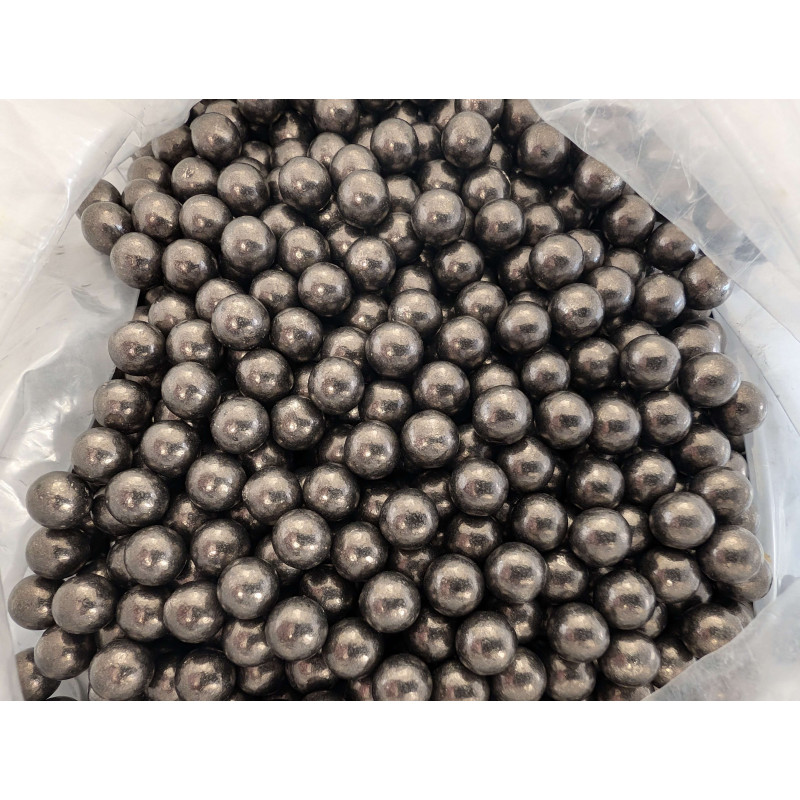Bismuth Bi 94% Metal Element 83 Granules 1gr -10kg
Bismuth Bi-94%, Si-2% metal element 83 1gr-10kg
Length tolerance +/-2mm
Description:
- Production time - none. Already in stock.
- Preparation for dispatch - 2-3 working days.
- Delivery time - depending on the parcel service. Please look at the faq.
Our bismuth granulate has this chemical composition - Bi=94%, Si=2%. Bismuth is a reddish-white shiny, low-melting and brittle heavy metal. It is a poor conductor of electricity.
Bismuth, also known as bismuth, is a very rare element. Bismuth has the element symbol Bi and the atomic number 83. Recent research has shown that bismuth is radioactive. However, due to its very long half-life of around 19 trillion years, its specific activity is very low. The heavy, shiny reddish metal has a low hardness and is very brittle. It is a poor conductor of heat and electricity. Its low electrical conductivity decreases even further in a magnetic environment, which is unique among metals.
In addition, bismuth does not shrink when it solidifies. However, it expands by around 3.3 %, a behaviour that it also transfers to its alloys.
Bismuth is mainly used as an alloying metal for low-melting alloys. Accordingly, these alloys are used for soft soldering and as a fuse in automatic fire alarms and sprinkler systems. In the chemical industry, bismuth is used as a catalyst.
Bismuth is unstable in humid air and oxidises superficially. It does not react under dry conditions. Bismuth is not attacked by hydrochloric acid, but reacts with concentrated sulphuric acid. It is most soluble in nitric acid, where bismuth nitrate is formed. This releases nitrogen monoxide.
Properties of bismuth:
- brittle metal
- rhombohedral crystal structure
- non-toxic
- strongly diamagnetic
- high electrical resistance
Main application of bismuth:
- Alloy component
- Mechanical engineering
- power generation
- catalysts
Mechanical properties (room temperature):
| Modulus of elasticity GPa | Compression modulus GPa | Shear modulus GPa |
| 55 | 20 | 42 |
Physical properties (room temperature):
| Density g/cm3 | Melting point °C | Boiling point °C | Thermal conductivity W/mK |
| 9.78 | 271 | 1564 | 8 |








